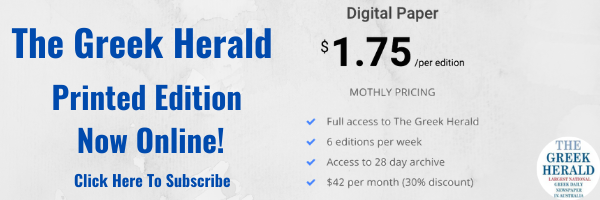During a decade a debt, Greece’s hospitals were crippled by a barrage of funding cuts. But in spite of this, the country’s efforts to contain COVID-19 appear to be paying off, with a far lower death toll than many other European nations.
Greek doctors and nurses have addressed this success in recent interviews with The Guardian.
In fact, Dr Yota Lourida, an Infectious Diseases specialist at Sotiria hospital in Athens, said despite Greece’s healthcare system being ‘old and decimated,’ it still pushed through the crisis.
“Every day we had to come in and see what resources we had available, what more we needed to ask for, if it’s available, if it would get here today, tomorrow and so on,” Dr Lourida told the media outlet.
“But fortunately, the result of the lockdown started showing in the number of daily hospital admissions. The rate of infection dropped to a large degree so we were given the time, with the PPE we already had, to meet the demands.”
But meeting these demands came at a significant mental and physical cost for health workers as they worked day and night to ensure the safety of Greek people, potentially risking their own lives in the process.
“Apart from the physical exhaustion, which was building up, there was tremendous psychological fatigue because no matter what we did, we didn’t stop, we didn’t have time to eat, we didn’t have time to go home,” Dr Lourida explained.
“We felt that what we were doing was for nothing. In Greek, there’s an expression: ‘Trying to make a hole in water’.”

Dr Antonia Koutsoukou who is Head of ICU at the same hospital, concurred with Dr Lourida’s comments and said ‘there were moments of great emotion.’
“Especially when we had to watch patients die, without having their families next to them to say goodbye. This has traumatised me,” Dr Koutsoukou said.
For now though, Greek doctors and nurses continue to push through the mental fatigue as they know there’s still a battle ahead. For many, they’ve been reminded of why they started practicing medicine in the first place.
“I think throughout this, all of us remembered why we started practicing medicine. Both the young doctors and the older ones who are actively involved. We couldn’t be anywhere else.”

